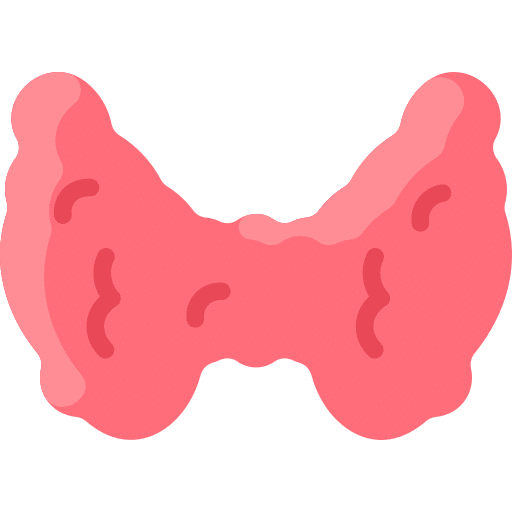
Reverse T3

Analyzer Report
Frequently Asked Questions
The ratio of reverse T3 to the active type of thyroid hormone, T3, is referred to as the reverse T3 count. Usually, this is stated as a percentage of free T3 relative to reverse T3, another type of thyroid hormone that is functional in the body.
Several potential causes are linked to a low rT3 count, including:
- Hyperthyroidism is characterized by an overabundance of thyroid hormone production. In contrast, high T3 levels and low rT3 levels may indicate a rare illness known as T3 toxicosis, in which the conversion of T4 (the inactive form of thyroid hormone) to rT3 is inhibited.
- Illnesses unrelated to the thyroid can cause a reduction in rT3 production as a protective mechanism, such as during times of intense stress, acute sickness, or calorie restriction. This condition is sometimes called “non-thyroidal illness syndrome” or “euthyroid sick syndrome.”
- Malnutrition or insufficient absorption of nutrients can negatively impact thyroid health, which in turn can lower rT3 levels.
- Either euthyroid sick syndrome or non-thyroidal illness syndrome may be present when reverse T3 (triiodothyronine) levels are abnormally high.
- Conditions include severe systemic sickness, persistent inflammation, malnutrition, liver disease, renal disease, and even some drugs can cause abnormally high levels of reverse T3.
- High reverse T3 levels are usually considered a symptom rather than a cause of concern with the thyroid gland.
The thyroid hormone triiodothyronine (T3) can be converted into an inactive form known as reverse T3 (rT3). T3 is the biologically active version of thyroid hormone, which controls several important physiological processes. Thyroxine (T4), another thyroid hormone, is converted to reverse T3, however unlike T3, reverse T3 has very little biological function.
While certain amounts of reverse T3 are normal, abnormally high levels of reverse T3 or an imbalance between reverse T3 and active T3 might point to a problem. Hypothyroidism (an underactive thyroid), prolonged stress, adrenal dysfunction, and nutritional deficiencies are all possible causes.
































